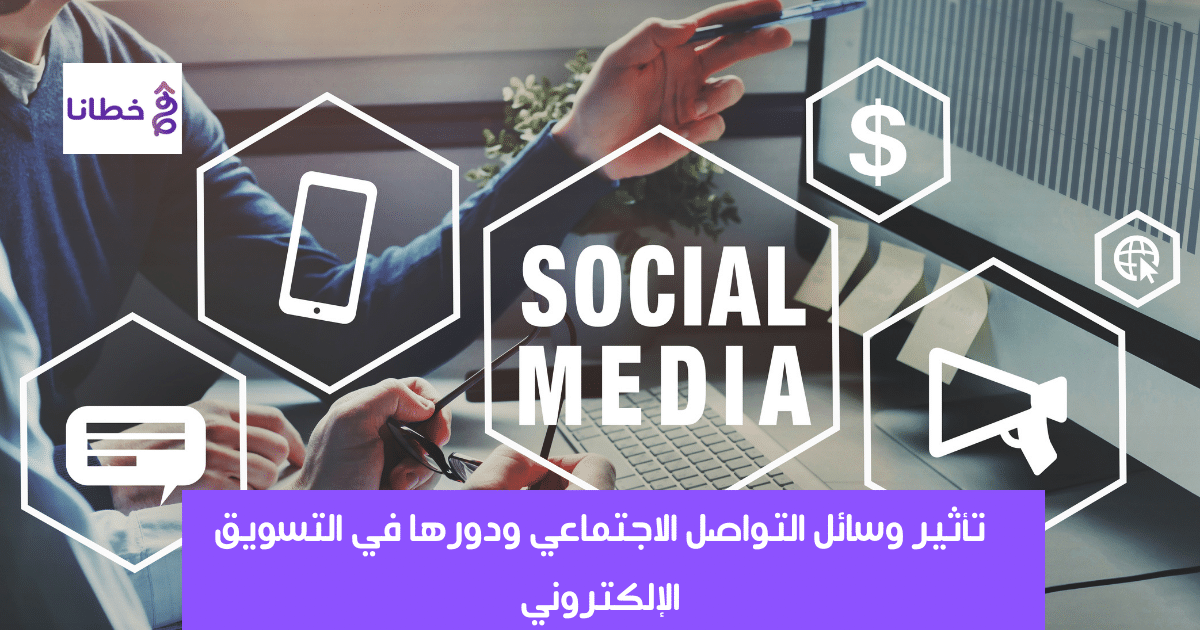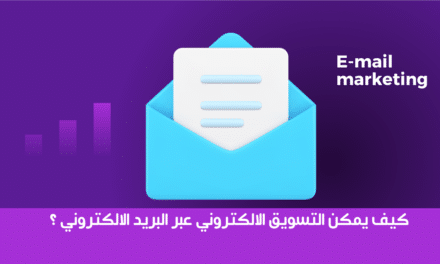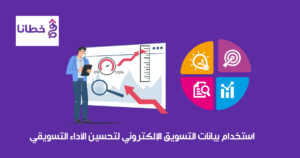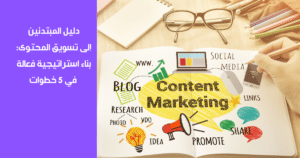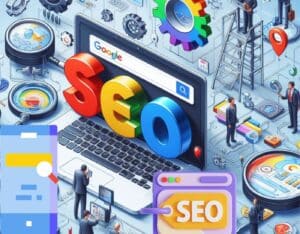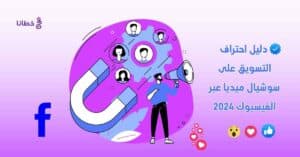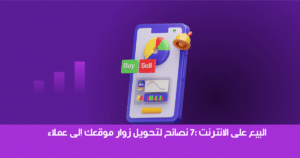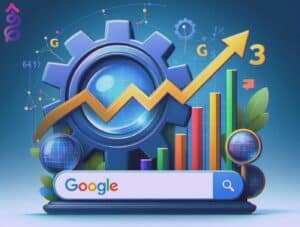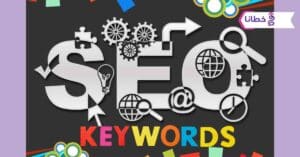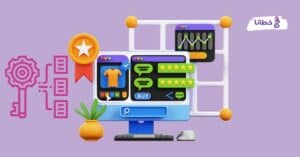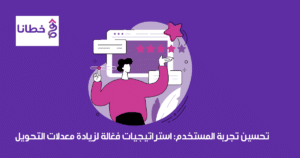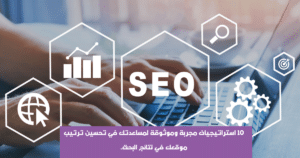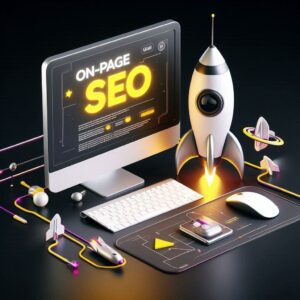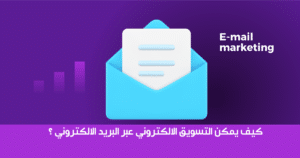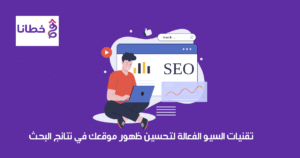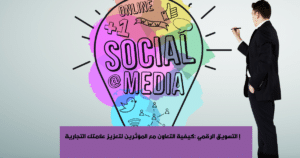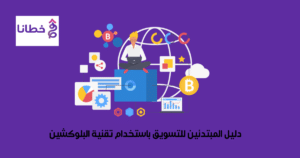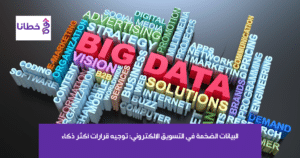table of contents
In the ever-changing world of digital marketing, artificial intelligence (AI) is a true revolution, radically transforming how brands engage with their audiences. By analyzing big data and providing deep insights into consumer behaviors and preferences, AI enables marketers to customize their campaigns for maximum effectiveness precisely. In this article, we’ll explore how AI can transform digital marketing from a generalized, one-size-fits-all approach to a personalized experience tailored to each individual’s needs, enhancing brand engagement and increasing conversion rates.
Definition of artificial intelligence and its importance in digital marketing
Artificial intelligence in digital marketing is the use of artificial intelligence technologies to plan, execute, or optimize a company’s marketing efforts. AI marketing aims to improve a company’s marketing performance, efficiency, and cost savings. AI is used in digital marketing efforts where speed is essential. It uses algorithms, data models, natural language processing (NLP), and machine learning to generate customer insights that marketers can use to personalize content, optimize spending, and customize the customer journey. The importance of AI in digital marketing stems from its ability to collect data, process natural language, learn from machine learning, and analyze data to gain customer insights and automate marketing tasks and decisions.
How Artificial Intelligence Can Revolutionize Marketing Strategies
Artificial intelligence is revolutionizing marketing strategies by:
- Optimize ad targeting: Using machine learning algorithms to improve ad targeting and increase campaign effectiveness.
- Personalized content creation: Using AI to create personalized content that precisely meets customer needs and preferences.
- Enhance Customer Experience: Transforming the way businesses interact with marketing and sales, leading to an improved customer experience.
- Improve customer segmentation: Using predictive analytics to improve customer segmentation and better understand their needs.
- Task Automation: Streamline processes and automate tasks to make data-driven decisions.
These are some of the ways AI can change the face of marketing, leading to increased productivity and growth.
How artificial intelligence is used to analyze user data and behavior to create personalized campaigns.
Artificial intelligence is used to analyze user data and behavior to create personalized campaigns through:
- Data tracking and analysis: Artificial intelligence uses complex algorithms to track and analyze user behavior, such as browsing history, purchasing patterns, and content interaction.
- Personalized recommendations: Based on these analyses, AI systems can predict users’ interests and deliver content aligned with their preferences.
- Dynamic website personalization: Enables the content and offers on a website to be dynamically changed to suit each user’s interests.
- Language and sentiment analysis: Used to understand the tone and context of interactions, helping deliver a more personalized experience.
In these ways, AI contributes to creating more effective and personalized marketing campaigns, increasing customer engagement and loyalty. Read more about: Big Data Analytics.
How artificial intelligence helps website content change dynamically to suit each visitor’s interests
Artificial intelligence helps dynamically change website content to suit each visitor’s interests by:
- Improving user experience: Artificial intelligence is used to understand which parts or elements of the site attract the user’s interest most, and thus the site layout is rearranged to highlight essential information.
- AI-powered recommendation engines: These engines use user data, browsing history, and contextual information to create personalized content suggestions for each visitor.
- Adaptive design: Used to adjust font size, contrast ratios, and navigation options based on user preferences or contextual cues.
- Create dynamic content: Used to show different images and messages to each visitor based on multifaceted data.
In these ways, AI ensures that each visitor is presented with more relevant content, improving engagement and the overall user experience.
Using artificial intelligence to understand consumer tone and emotions and respond appropriately.
Artificial intelligence is used to understand consumer tone and emotions and respond appropriately by:
- Sentiment Analysis: Sentiment analysis, also known as opinion mining, is used to identify the emotional tone behind comments, reviews, and posts on social media using natural language processing (NLP) and machine learning algorithms.
- Emotion AI: Used to analyze facial expressions, tone of voice, and other behavioral cues to detect and interpret emotions.
- Affective computing: enables devices to perceive, recognize, understand, and respond to human emotions.
In these ways, AI improves interactions with customers and enriches their experiences by better understanding their emotions and responding appropriately.
How to improve your website search experience with AI-powered search tools
The search experience on the site can be improved using AI-based search tools by:
- Natural language search: Enables users to make queries in natural language and get accurate answers.
- Providing personalized results: Based on user data and preferences, search tools can provide more relevant results.
- Improve search accuracy: Using machine learning algorithms to understand the context and intent behind user queries.
- Continuous Learning: These search tools improve with every use, continually enhancing the search experience.
These tools help make the search process smarter and more efficient, enhancing the user experience on the site.
Khutana E-Marketing Company and its role in digital marketing campaigns
Khutana has modern strategies to enhance your digital presence and improve your website’s search engine rankings through a group of pioneers in this field. You can contact them for consultation and to inquire about more information about the distinguished services provided by the company through the link https://khutana.com.
What are the most important artificial intelligence techniques in marketing?
Artificial intelligence is revolutionizing marketing strategies by:
- Optimize ad targeting: Using machine learning algorithms to improve ad targeting and increase campaign effectiveness.
- Personalized content creation: Using AI to create personalized content that precisely meets customer needs and preferences.
- Enhance Customer Experience: Transforming the way businesses interact with marketing and sales, leading to an improved customer experience.
- Improve customer segmentation: Using predictive analytics to improve customer segmentation and better understand their needs.
- Task Automation: Streamline processes and automate tasks to make data-driven decisions.
These are some of the ways AI can change the face of marketing, leading to increased productivity and growth.
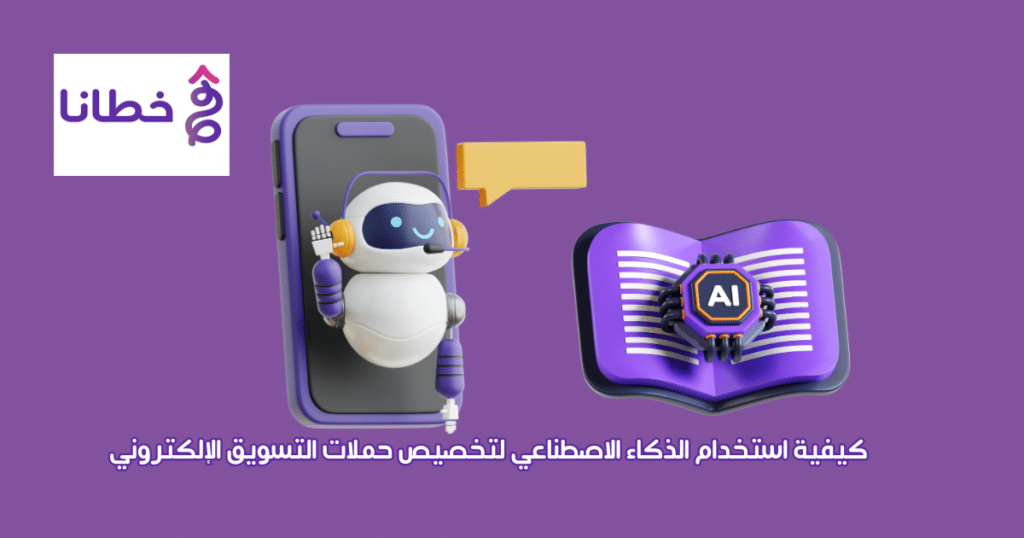
Examples of how artificial intelligence is used in marketing
Here are some examples of how AI technologies are being used in marketing:
- Machine learning: Used in search engine optimization (SEO) by analyzing big data to identify the best keywords and content to improve rankings.
- Natural Language Processing: Used in interactive customer services such as intelligent personal assistants like Siri and Google Assistant 2.
- Named Entity Recognition and Neural Networks: Used to identify and manage leads and automatically schedule meetings.
- Semantic search: Used in programmatic marketing and dynamic pricing to determine the best time and price to show ads.
- Sentiment analysis: Used to personalize product ads and track analytics and campaign results.
These are some examples of how AI technologies can be used to improve marketing strategies and increase customer engagement.
The future of marketing using artificial intelligence and its impact on the consumer experience
The future of marketing using artificial intelligence promises exciting and impactful transformations in the consumer experience. Shoppers will be able to analyze massive data sets to predict consumer behavior with unprecedented accuracy, leading to increasingly personalized marketing strategies and delivering personalized content that resonates with individuals at a deep level. These technologies will enable companies to better understand customer preferences, behaviors, and needs, enhancing customer experiences and raising the quality of service provided. This development will transform the role of marketers and the way companies interact with their customers, contributing to the creation of more engaging and personalized consumer experiences.
It’s safe to say that artificial intelligence isn’t just a cutting-edge marketing tool; it’s a game-changer that will reshape the future of marketing and consumer experience. As this technology continues to evolve, new opportunities will emerge for businesses to connect with their customers in smarter and more effective ways. AI serves as a bridge between data and humanity, enabling brands to create marketing campaigns that resonate with consumers’ hearts and minds. Therefore, companies that embrace and optimize this technology will be at the forefront of the marketing landscape, ensuring exceptional customer experiences that drive loyalty and foster growth.
Questions about the article How to Use Artificial Intelligence to Personalize Digital Marketing Campaigns 2025
How is artificial intelligence used in digital marketing?
By analyzing massive amounts of data, AI algorithms can understand individual preferences, behaviors, and purchasing patterns. This allows marketers to personalize content, product recommendations, and ads for each user, resulting in a more engaging and relevant experience.
How is artificial intelligence used in personal shopping?
AI-powered personal shopping services leverage advanced algorithms and machine learning to understand a customer’s preferences, style, and budget. They can sort through thousands of products in seconds, selecting a selection that best suits a customer’s unique needs.
How to use artificial intelligence in marketing campaigns?
Leveraging AI for contextual ad placement: By analyzing the content and context of potential ad spaces, AI ensures ads are placed in the most relevant and engaging environments. This targeted approach helps maximize ad effectiveness and audience relevance, potentially leading to better conversion rates and ROI.
What is an example of AI-powered personalization?
Technology can predict what customers might be interested in to provide real-time product recommendations. An example of AI personalization is when an e-commerce site includes a “Customers Also Bought” section to encourage shoppers to add more items to their cart.

